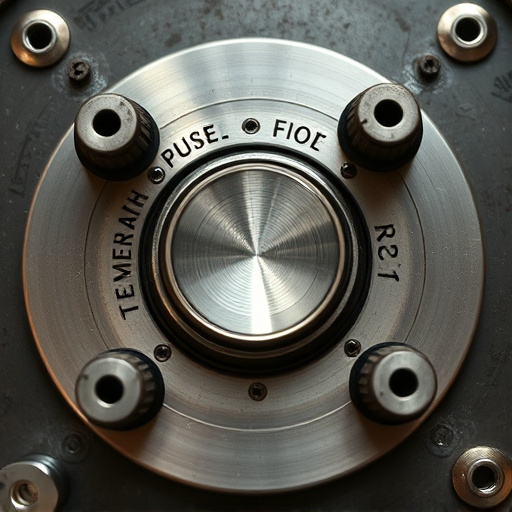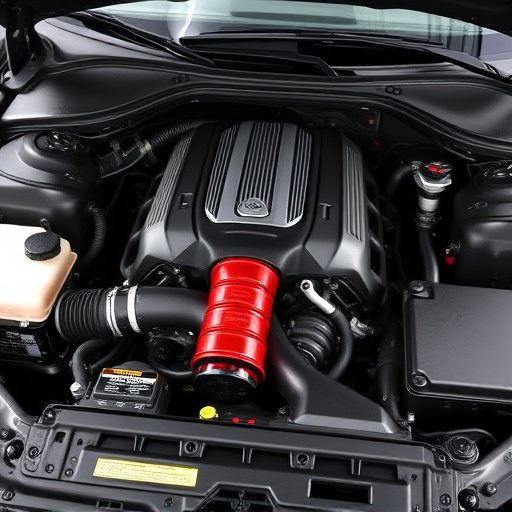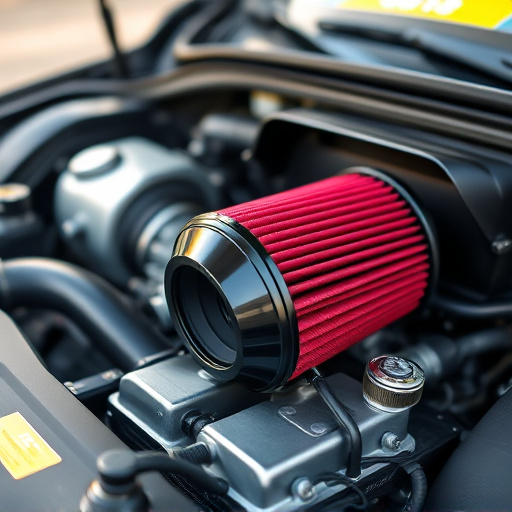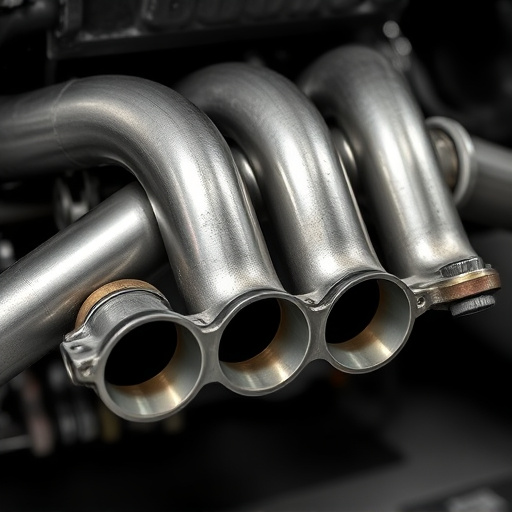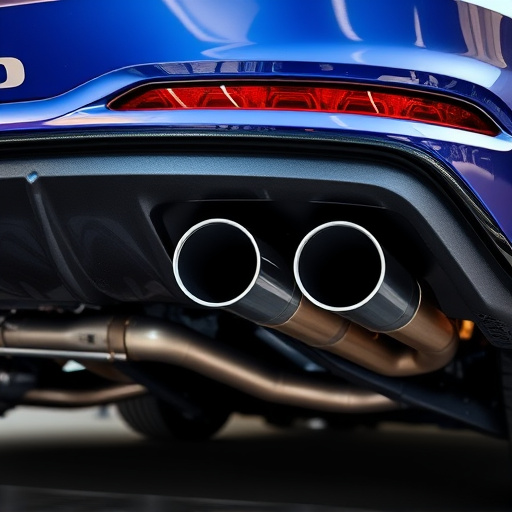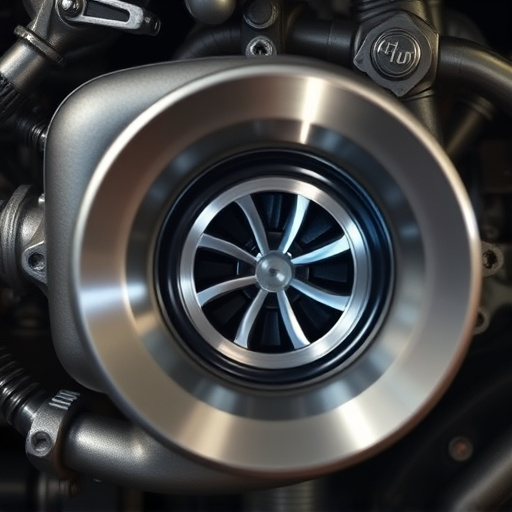Modifying a vehicle's engine air intake (EAI) system can impact warranty coverage. While some manufacturers allow cosmetic changes, significant alterations like installing aftermarket intakes or enhancing airflow may void the warranty as they can affect engine performance and efficiency. Regular maintenance, including replacing essential components and keeping clean air filters, is crucial to preserve warranty validity and maintain optimal engine air intake system functionality. Carefully review warranty documents and prioritize high-quality EAI kits from reputable brands to minimize risks of voiding the warranty.
“Unleash power while keeping your vehicle’s warranty intact—it’s a delicate balance many car enthusiasts seek. This article delves into the world of engine air intake systems and their potential effects on vehicle warranties. We’ll decipher the mechanics behind these systems, unravel the legal complexities, and provide valuable insights for consumers. By understanding how engine air intake modifications can impact your warranty, you’ll make informed decisions to enhance your ride without voiding crucial coverage.”
- Understanding Engine Air Intake Systems and Their Function
- Exploring the Impact on Vehicle Warranties
- Navigating Legalities and Tips for Consumers
Understanding Engine Air Intake Systems and Their Function
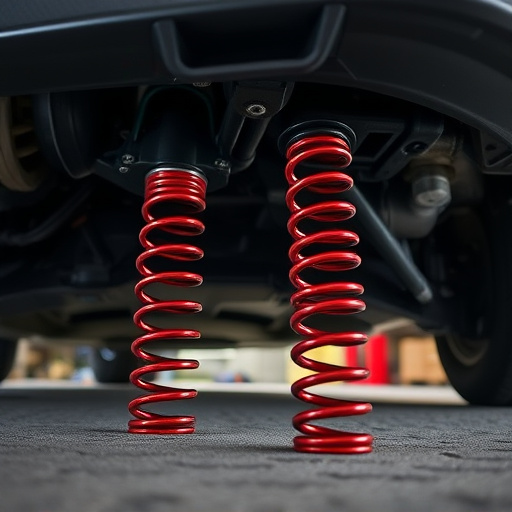
Engine air intake systems are a crucial component of any vehicle’s engine management. They play a vital role in ensuring optimal performance and efficiency by facilitating the intake of atmospheric air into the engine. This process is essential for combustion, as it provides the fuel-air mixture that powers the vehicle. The air intake system consists of various parts, including air filters, pipes, and sensors, all working together to regulate airflow and protect against contaminants that could harm the engine.
Understanding how these systems function is key when considering their potential impact on warranties. While modifications to air intake systems, such as replacing stock air filters or adding performance-enhancing components, may not always void warranties outright, they can complicate diagnostic processes if issues arise. Unlike other components like exhaust systems or brake components, which direct modifications can significantly alter performance and safety, air intake systems often provide a more subtle avenue for customization. However, any alterations to these systems should be done with care, as they could still trigger warranty claims related to engine performance and reliability.
Exploring the Impact on Vehicle Warranties
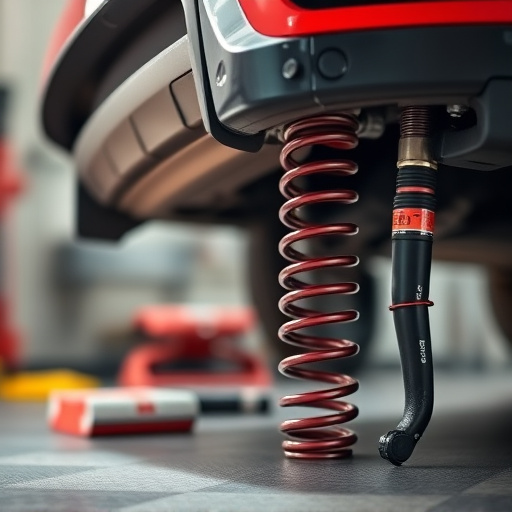
Modifying your vehicle’s engine air intake system can significantly impact its warranty coverage. Many manufacturers explicitly state in their terms and conditions that any alterations to the engine, including the air intake, could void the warranty. This is because these modifications may affect the performance and efficiency of the engine, which is a critical component covered under the manufacturer’s guarantee.
When it comes to engine air intake systems, the potential effects on warranties vary. Some manufacturers are more lenient if the changes are considered cosmetic or do not directly impact engine performance. However, installing aftermarket air intakes or making alterations to improve airflow can be seen as a breach of warranty terms. This is particularly true for components like brake rotors, exhaust systems, and air filter kits, which are closely tied to overall engine health and could be affected by modified air intake systems.
Navigating Legalities and Tips for Consumers
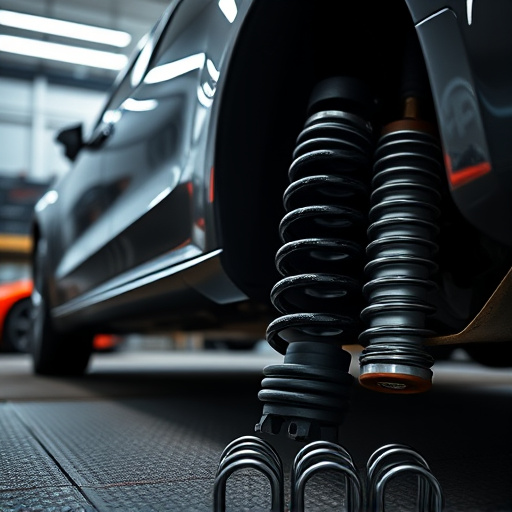
Navigating Legalities and Tips for Consumers
When it comes to vehicle warranties, modifying certain components like the engine air intake system can be a grey area. While most manufacturers explicitly state that alterations or installations not authorized by them may void the warranty, the legal implications are often unclear to consumers. It’s crucial to understand that warranties vary in their terms and conditions, and what might be considered a violation in one case could be different in another. For instance, some manufacturers might offer extended coverage if certain after-market parts are installed correctly, ensuring they meet safety standards.
For consumers considering air intake upgrades or any modifications, it’s recommended to thoroughly read through the warranty document provided by the vehicle manufacturer. Look for clauses related to alterations and always keep records of any maintenance or repairs performed. Additionally, purchasing high-quality air intake kits from reputable brands can help minimize potential risks, as these products are designed with warranty compatibility in mind. Regularly servicing your vehicle, including replacing essential components like brake pads and brake rotors, alongside maintaining a clean air filter kit, is also vital to keep the warranty valid and ensure optimal performance.
Engine air intake systems, while enhancing performance, can impact vehicle warranties. Understanding the relationship between these components is crucial for consumers. In light of the above, it’s essential to note that modifying your vehicle’s air intake may void guarantees, especially if not done according to manufacturer guidelines. However, many warranties explicitly exclude coverage for aftermarket parts, so always review your policy. To protect yourself, consider seeking advice from professionals and sticking to authorized upgrades to ensure you maintain your warranty benefits while enjoying improved engine performance.








